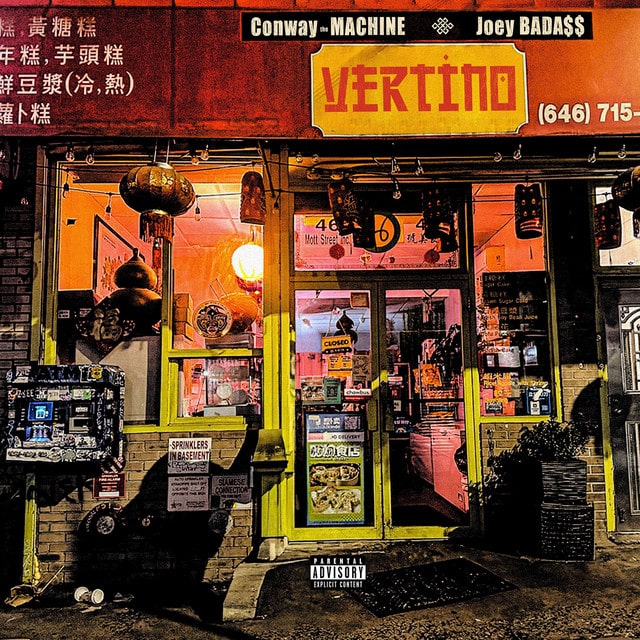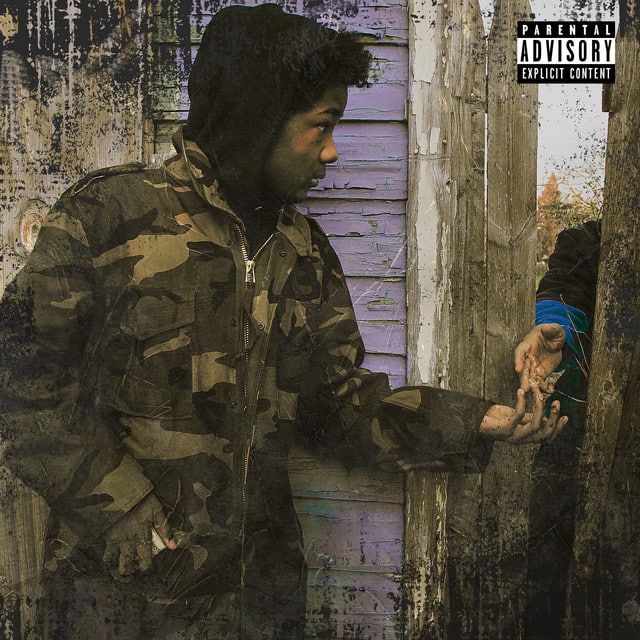Released: 2019
“G Money on the Roof” by Conway the Machine deals with themes of betrayal, distrust, and disillusionment. Throughout the song, Conway reflects on how the people he once considered close have turned their backs on him, prompting a narrative rich with resentment and a profound sense of betrayal. This track highlights the harsh realities of friendships and loyalty within the context of his experiences and observations.
The song kicks off with a hook that is both repetitive and poignant, emphasizing Conway’s experiences of being betrayed by those he trusted. He talks about seeing his friends and loved ones ‘turn pussy’ or act cowardly and deceitful towards him. This use of the term ‘pussy’ is common in hip-hop and street slang to describe someone who is weak or untrustworthy. This introduction sets a clear tone of bitterness and hurt, revealing Conway’s vulnerability and emotional conflict.
In the first verse, Conway’s observations are relentless. He paints a picture of how relationships he once valued have shifted drastically. There’s an element of surprise and pain as he questions why these changes have happened. The use of phrases like ‘I thought you had love for me’ captures the artist’s confusion and heartache. It underscores a familiar theme in hip-hop: loyalty’s fragile nature.
Conway continues with the hook, echoing his earlier sentiment of disbelief at the change in those around him. The repetition here serves as a constant reminder of his disappointment, illustrating how pervasive these feelings are in his life. It’s not just an isolated incident but a continuous and wearing down of trust over time.
In the second verse, he shifts to discuss his growing cynicism and mistrust. He emphasizes his self-reliance, noting, “I don’t trust nothin’ but my two guns.” Here, the guns symbolize a hardened reliance on self-defense, reflecting how betrayal has pushed him to a defensive state of being. His lament about the ‘streets not being the same’ points to broader societal changes that leave him feeling alienated.
As he elaborates further, Conway confronts those who prioritize material possessions, such as a ‘Rollie’ (Rolex watch), over real relationships. He challenges them to remember their roots and check on their ‘bros.’ This highlights the hollow pursuit of status over substance, a criticism frequently levied against today’s materialistic culture.
The following verses expand on themes of jealousy and insecurity. When Conway talks about people switching up when they’re doing well, he captures the essence of jealousy—how success can alter relationships and how one’s circle might change in response to one’s success. There’s a visible conflict between wanting to stay true to oneself and being confronted by those who harbor resentment.
He returns to the hook, hammering home his sentiment with renewed emphasis. His choice of language reflects deep-seated feelings of abandonment, portraying betrayal as an inevitable consequence of his environment. The reiteration feels like a cathartic release of emotions as much as it is a grim acknowledgement of his reality.
In the final verses, Conway turns introspective, considering his place in this tumultuous world. The realization that those around him have been compromised by ‘fake’ friendships forces him to rely more heavily on self-preservation and skepticism. Here, loyalty is described as both a ‘gift and a curse,’ hinting at the complexities that come with trusting others in his sphere.
Conway the Machine’s ‘G Money on the Roof’ thus encapsulates a narrative all too common in the hip-hop world. It’s a brutally honest reflection on the difficulty of maintaining loyalty in a world fraught with betrayal and self-interest. His evocative storytelling not only sheds light on his personal experiences but also offers listeners a lens into the universal struggles of trust and authenticity within any community.








